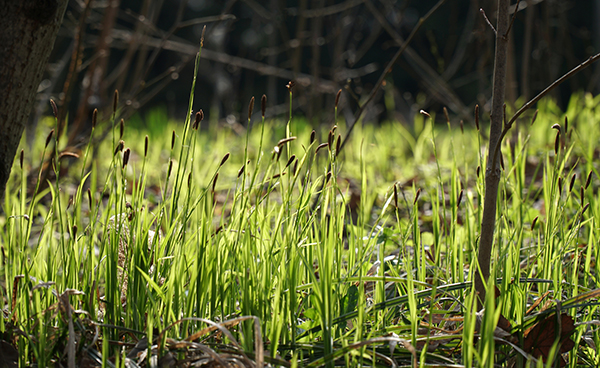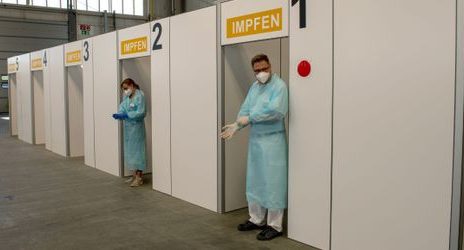When you can grow your own food and hunt and fish, you are free from dependency of a supply chain for food.
We find ourselves in a very precarious situation. There are serious disruptions to the supply line that many have become all too comfortable with and reliant upon. This is one concern that will begin to grow as the days proceed. The other concern is the actual food that entered the supply line within the last 15 years. The companies that adopted genetically modified methods of growing and processing foods have done severe damage to the human population who consumes their genetically modified items. The natural state of vegetables and grains is a perfect genetic sequence that was tailor-made for our bodies to digest. The current state of GMO foods is a tampered-with genetic sequence that is wreaking havoc on digestive systems, especially on the developing digestive systems of children.
Wheat and Gluten Allergies
Our bodies were not made to digest genetically modified food sources. Genetically modified wheat, in particular, which is a primary ingredient of breads, pastas, dry cereals and many other processed foods, causes inflammation in the intestinal walls, causing a disruption to the stages of digestion in which important vitamins and minerals would regularly be absorbed. Hence, we see allergic reactions to gluten and other genetically modified items. When confronted with this information, many people claim that wheat gluten (and other items) never negatively affected them when they were children. This is not the same wheat that we had when we were children. It’s important to stress this. I will not eat genetically modified items. I will not put that chemically altered item into my body. I consider it poison.
Grown Your Own Nutrients
So, when faced with such matters as supply chain disruptions and a tainted nutrient supply, one must improvise. There is one solution to this two-prong problem. Grow more of your own nutrients. I recommend using organic soil and organic seeds. I’ve created a personal organic seed bank over the years, but I really ramped-up my efforts in the last two years. We save organic seeds from a number of fruits and vegetables. And for a protein source, we have local fresh, free-range eggs, locally fresh-caught fish, and lots of venison and local fowl. We are relying less and less upon the supply chain. When you can grow your own food and hunt and fish, you are free from dependency of a supply chain for food.
Planting Your Vegetables
We usually begin growing seeds inside in late February-early March to establish them, and then transplant the plants to an outside garden by Mother’s Day. It provides you with a slightly longer growing season. I also recommend planting some fall crop vegetables such as butternut squash and acorn squash for the autumn months to be harvested before the frost. For a summer crop, select vegetables that you like and that you will regularly eat. We like spinach, lettuces, red cabbage, string beans, cucumbers and peppers. I would also like to attempt asparagus this year. We also grow herbs such as basil, parsley, cilantro, oregano, rosemary, thyme, lemon thyme, dill weed, and sage. We recommend raised beds in which you can control the quality of the organic soil. We compost as well, which provides excellent nutrients and produces a vibrant garden. Be sure to plant only organic seeds.
Be a Self-Reliant Gardner
You’ll be glad that you prepared and thought ahead. You’ll also be glad that you are becoming self-reliant and independent. Teach your children how to do this also. It will benefit them to know how, and it is also an enjoyable family bonding experience.
The post Supply Chain Problems? Improve Nutrition and Grow Your Own Food first appeared on FitnessRX for Women.





